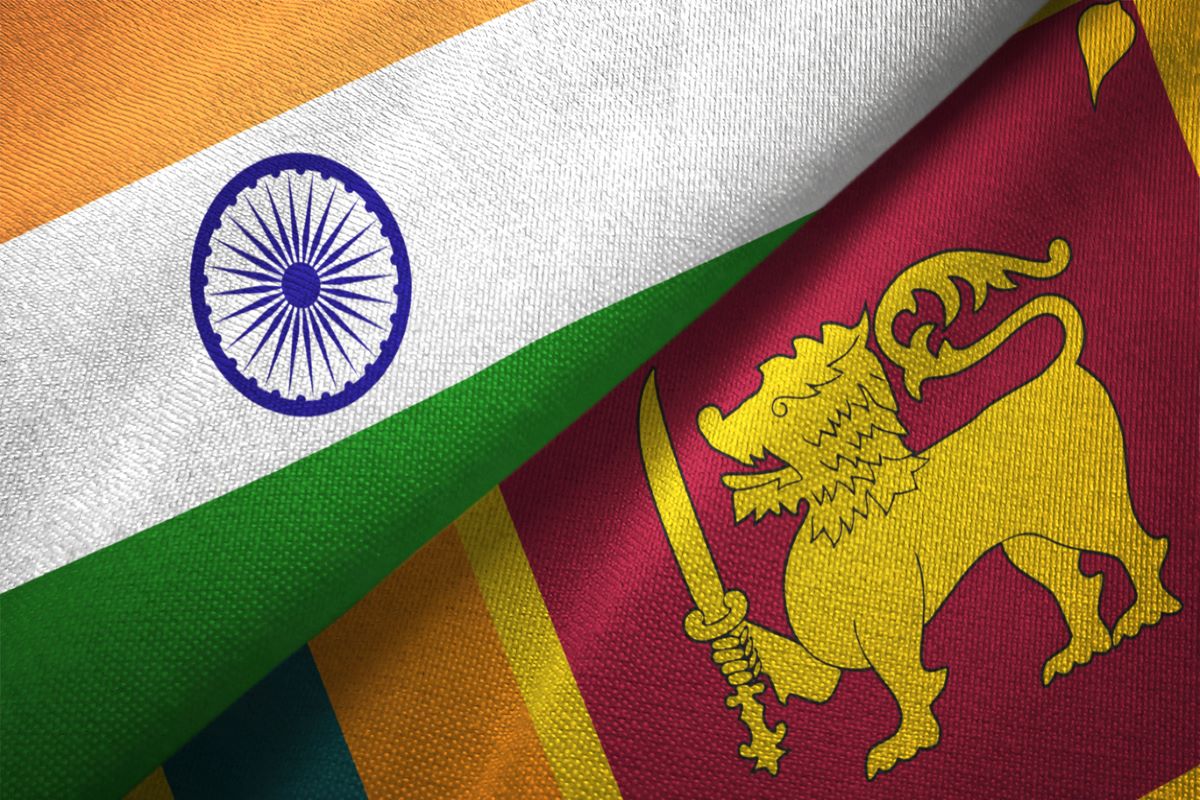India has begun the new year on a positive note in its effort to repair ties with Sri Lanka which had been fraying at the edges over the past few years. With the operationalisation of the US $100 line of credit (announced in June 2021) for the development of the island nation’s solar power sector and, earlier this month, the inking of a deal for modernisation of an oil tank farm at Trincomalee Port in which the state-owned Indian Oil Corporation too will hold a minority stake, the Indian foreign policy establishment hopes that the initiatives will incentivise Colombo to continue to be wary of China.
The credit line has been extended under the aegis of the International Solar Alliance, the founding conference of which was held in New Delhi in March 2018. This is an integral piece of South Block’s plan to develop an energy security architecture and promote the large-scale deployment of solar energy.
India’s interest in the Trincomalee oil tank farm, on the other hand, is not new. Experts say this deal has been in the works ever since the 1987 India-Sri Lanka agreement but had not, till now, come to fruition. Built by the British colonial administration during World War-II, the oil tank farm fell into disuse over the next few decades. The oil tanks now need a complete overhaul to get them into working order.
The thinking is that Trincomalee Port would be an excellent choice for India to store its petroleum reserves in the renovated tanks, especially as maritime security is being prioritised by New Delhi given China’s growing naval presence in the Indian Ocean. Operationalising ~ and possibly enhancing ~ the solar power credit line is significant as Sri Lanka had last year called off a solar project with a Chinese firm due to “security concerns expressed by a third party (India)”.
It has been largely welcomed, although there is concern of a pushback on the Trincomalee Port project from the ultra-nationalist political outfit Janatha Vimukthi Perumuna (JVP) which has traditionally been critical of India because of its support for the Tamil cause in Sri Lanka. JVP plans to oppose what it perceives as India’s “expansionist’” move. China, despite recent misgivings in Colombo over the debt trap it is getting sucked into, remains a strategic competitor to reckon with.
Beijing’s development of the Colombo Port City, in which it will have a 43 per cent stake in return for an investment of US $1.4 billion, continues apace and the Hambantota port is already under its control via a 99-yearlease. Sri Lanka, which is pressing ahead with radical plans to make its entire agriculture sector organic despite the widespread distress in the countryside the move has resulted in, is realising the real dangers of a Chinese debt trap.
It is also currently fuming at Beijing’s ‘bad fertiliser’ deal in the midst of this turmoil; Colombo had to return a massive shipload of organic fertiliser manufactured by a Chinese firm because it was contaminated with bacteria. In these circumstances, India’s outreach to its southern neighbour needs to be pushed along assiduously.











